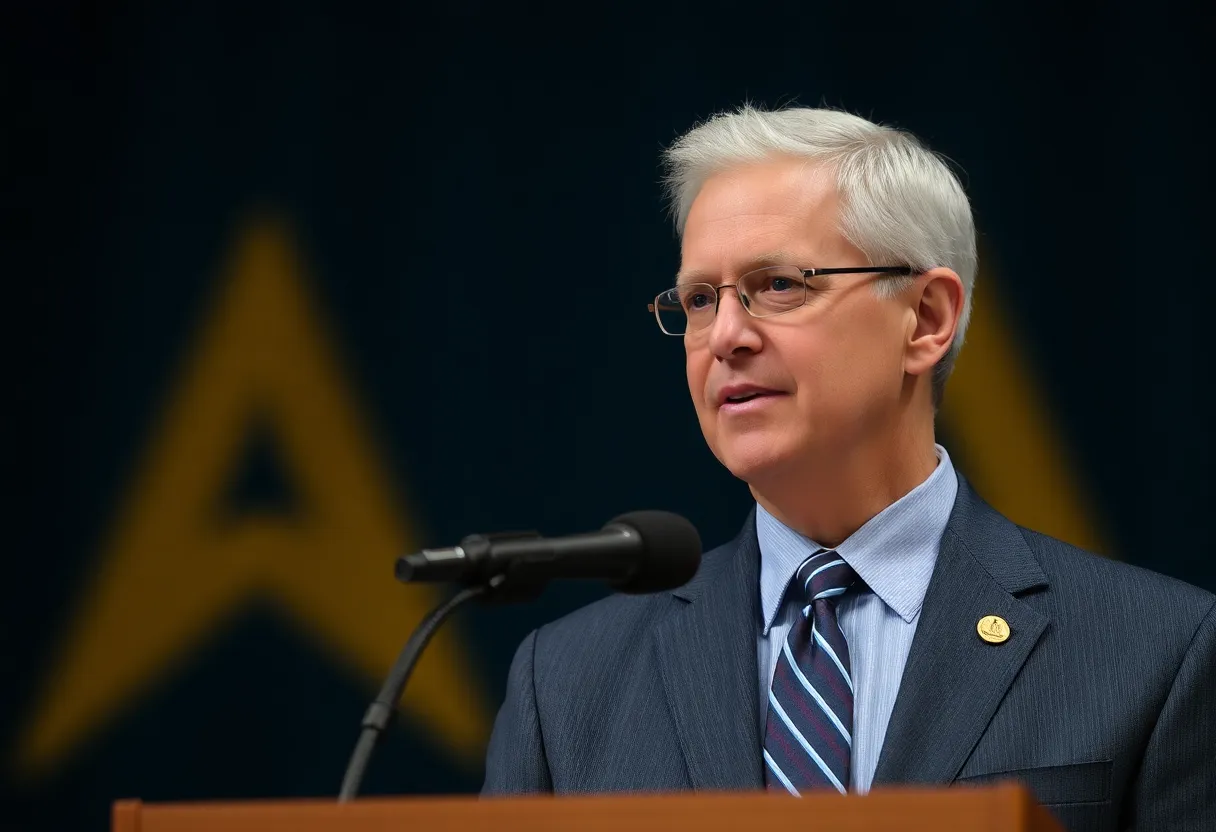

Execution and Justice Scales
South Carolina Governor Henry McMaster has made a commitment to the United States District Court regarding his handling of clemency requests for death row inmates, including Richard Moore, who is facing execution scheduled for November 1. In a sworn statement, McMaster emphasized that he would approach Moore’s clemency request with fairness and impartiality, a pledge that comes amid questions regarding his previous role as state Attorney General.
Moore was sentenced to death on October 22, 2001, after a jury found him guilty of murdering 42-year-old James Mahoney during a robbery at Nikki’s Speedy Mart in Spartanburg on September 16, 1999. His execution marks a significant moment as it would be the second in just five weeks in South Carolina, a state that had not seen an execution in over a decade.
On October 15, District Court Judge Mary Geiger Lewis required McMaster to provide a sworn assurance of his impartiality in the clemency process. While she stated that a final decision on Moore’s case would be forthcoming, no specific timeline was established. Moore’s legal team, from the Columbia-based law firm Justice 360, filed a lawsuit questioning McMaster’s ability to remain impartial given his prior role defending Moore’s death sentence as the state’s top attorney from 2002 to 2011.
In an official document accompanying his statement, McMaster’s chief legal counsel, Thomas Limehouse Jr., indicated that the governor does not intend to provide similar declarations in the future. The legal team argued that requiring such statements from the governor could intrude on his authority and potentially create unnecessary burdens, as well as asserting there is no judicial requirement for it.
Moore’s scheduled execution raises concerns, particularly as it follows the execution of Freddie Owens, who was put to death on September 20. Both inmates have chosen lethal injection as their method of execution, with South Carolina using the drug pentobarbital in such procedures. The state Supreme Court had recently authorized the execution of Moore, and the case has drawn significant attention as clemency requests are considered.
As the clock ticks down to Moore’s execution date, the legal proceedings surrounding his clemency request will be closely watched. The decision by Governor McMaster could have lasting implications on death row practices in South Carolina, particularly as debates around fairness, justice, and the administration of the death penalty continue to evolve.
Lead attorney for Justice 360, Lindsey Vann, has yet to comment on these recent developments. The situation remains fluid, with many stakeholders anxiously awaiting the court’s final ruling.
News Summary The St. Andrews Knights baseball team secured a significant victory in their three-game…
News Summary Columbia is in distress as two residents, Kiara Ellison and Zelig Williams, remain…
News Summary Columbia residents should prepare for severe thunderstorms and a potential tornado threat on…
News Summary The South Carolina Department of Transportation is set to implement significant safety improvements…
News Summary Columbia, South Carolina, is bracing for severe weather as the National Weather Service…
News Summary A graduate student at the University of Minnesota was detained by ICE, leaving…